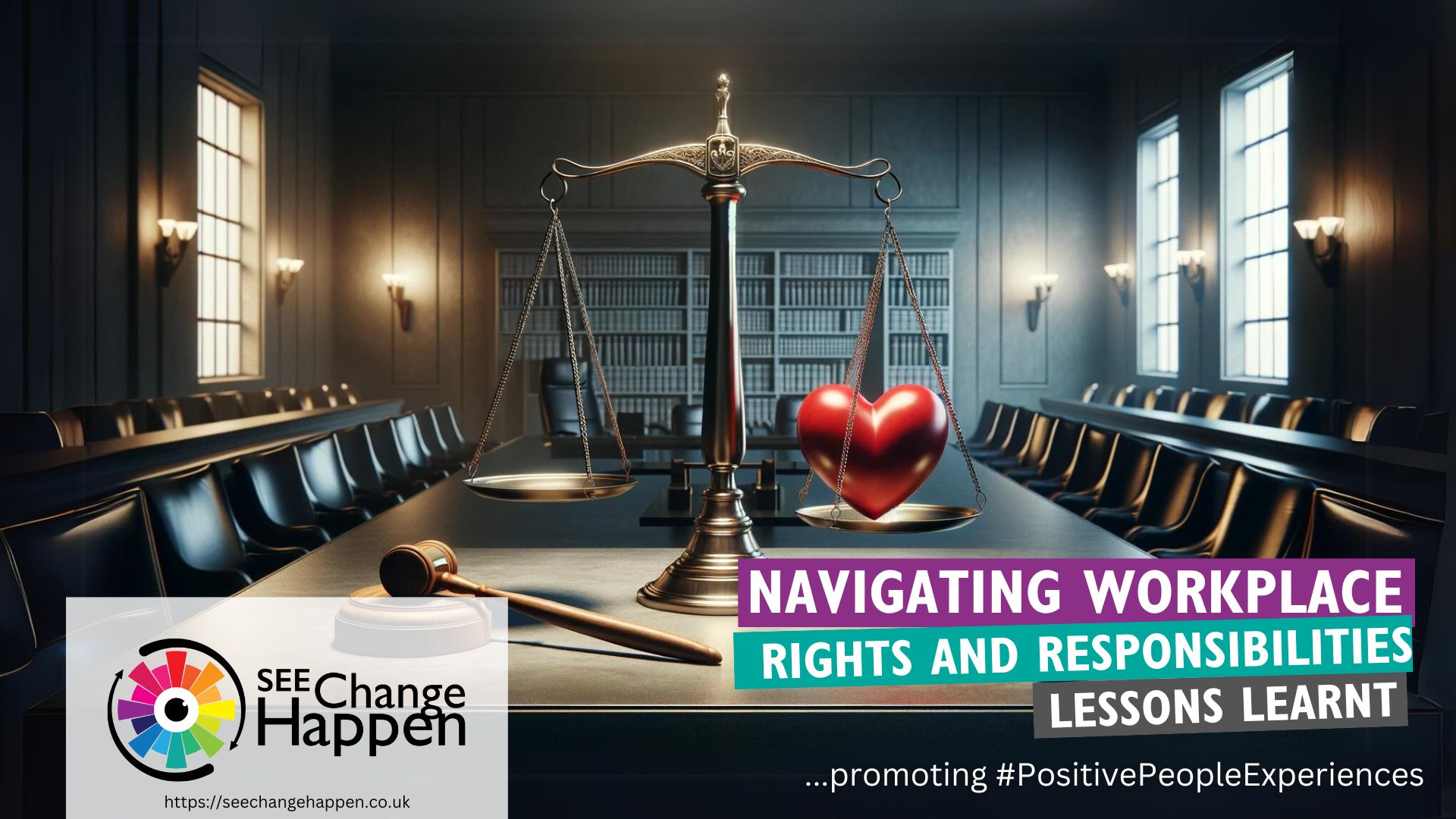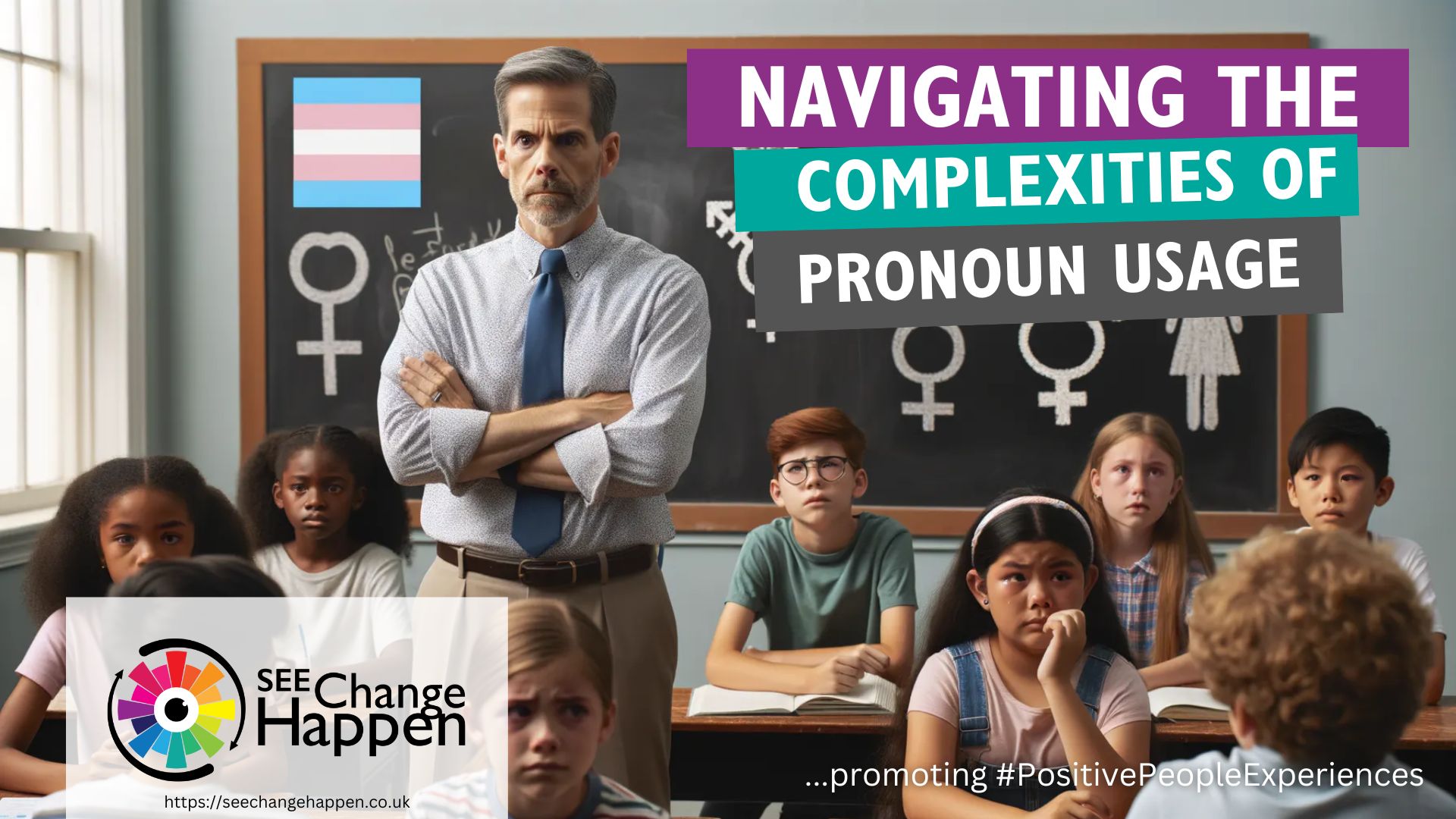
Hidden Disabilities in the Workplace: Not as Advertised!
For the longest time, I remember people telling me “Well you don’t look disabled,” and my answer has always been “What does disabled look like?”
Did you know that nearly 35% of the English population suffers from chronic pain? A fifth is considered disabled or living with a long-term condition. Can you imagine how many job interviews are conducted each year where the applicant doesn’t feel comfortable to disclose their disability?
Living with Ehlers-Danlos Syndrome
As someone who has been living with EDS from birth, I’ve never been asked about hidden disabilities in interviews. For the longest time, I found it a difficult subject to approach. There is a stigma that surrounds disability, even more so when there are no outward signs of it.
EDS is a condition that causes me chronic pain. It is an inheritable, incurable condition that disturbs collagen production in the body. It creates a multitude of internal issues, including lax hypermobile muscles and joints. In my case, it has led to neck instability, chronic migraines, and blood pressure issues. None of which are visible. I “look fine”.
Working with a hidden disability
I moved to the UK from Sweden at 19 years old, my first job was at a large hotel in London. Over a 4 year period, I worked as a waitress, in reception, and as a team trainer. It kept me on my feet for long hours each day, a poor choice for someone with a “floppy” body! But, like all of us, I had to make a living. The only way to manage was by taking strong prescription medications and taking rests where possible.
I progressed into a successful role at a bank, working alongside the Executive Team. Again, the hours were long. My illness progressed and I struggled to cope. In 2017 I had what doctors think was either a severe hemiplegic migraine or a mini-stroke. It changed my mobility, fatigue, and memory forever.
Despite my many abilities and achievements, neither company showed an interest in making accommodations for me. Hotels are fast-paced, and banks are stressful. There is a culture in HR departments that waits for people to approach them rather than taking the initiative. The only adaptation I was ever given in my whole working history was an adjustable chair!
Making it work!
I am someone who works to excel, I take pride in a job well done. And yet I found myself needing to prove my worth, pushing myself harder than I should. It inevitably came to a head and difficult decisions had to be made.
The only way to manage my condition AND earn a living was to leave employment entirely and set up my own business.
We need to normalise hidden disabilities. It’s as simple as that.
Society has progressed significantly, but we still live with the view that ill equals bad, that ill equals an inability to perform, and that ill equals disempowerment. Only when we start to normalise illness do we start to create social acceptance.
In my opinion, every HR department should be incorporating a Disability/Illness procedure in their hiring process. At the end of the day, a large percentage of disabilities are hidden. It should be presented in a delicate manner during interviews but with the employees’ best interest at heart.
There is no cookie-cutter solution, but the fact that a company shows a willingness to make necessary accommodations will significantly improve the recruitment process.
I am passionate about talking about chronic illness and disability at work for this reason. We spend nearly 80% of our week at work with colleagues. These are the people we socialise with the most, that we cooperate with most, and get socially conditioned by the most.
By changing the dialogue surrounding hidden disabilities at work and at home, we begin to change how the world sees sick people on a much larger level.
People shouldn’t have to hide or push through anything which compromises their well-being. Small adjustments can help people feel empowered and valued as an employee. We all have a right to feel free and able to lead a life we can be proud of.
It’s never been about sympathy or feeling sorry for the chronically ill and disabled.
Hidden disabilities: It’s all about empowerment and inclusion.
Ida Soderholtz is a Business Consultant and Director of Spark Suite Business Solutions Ltd. She can be reached via www.sparksuite.co.uk.





